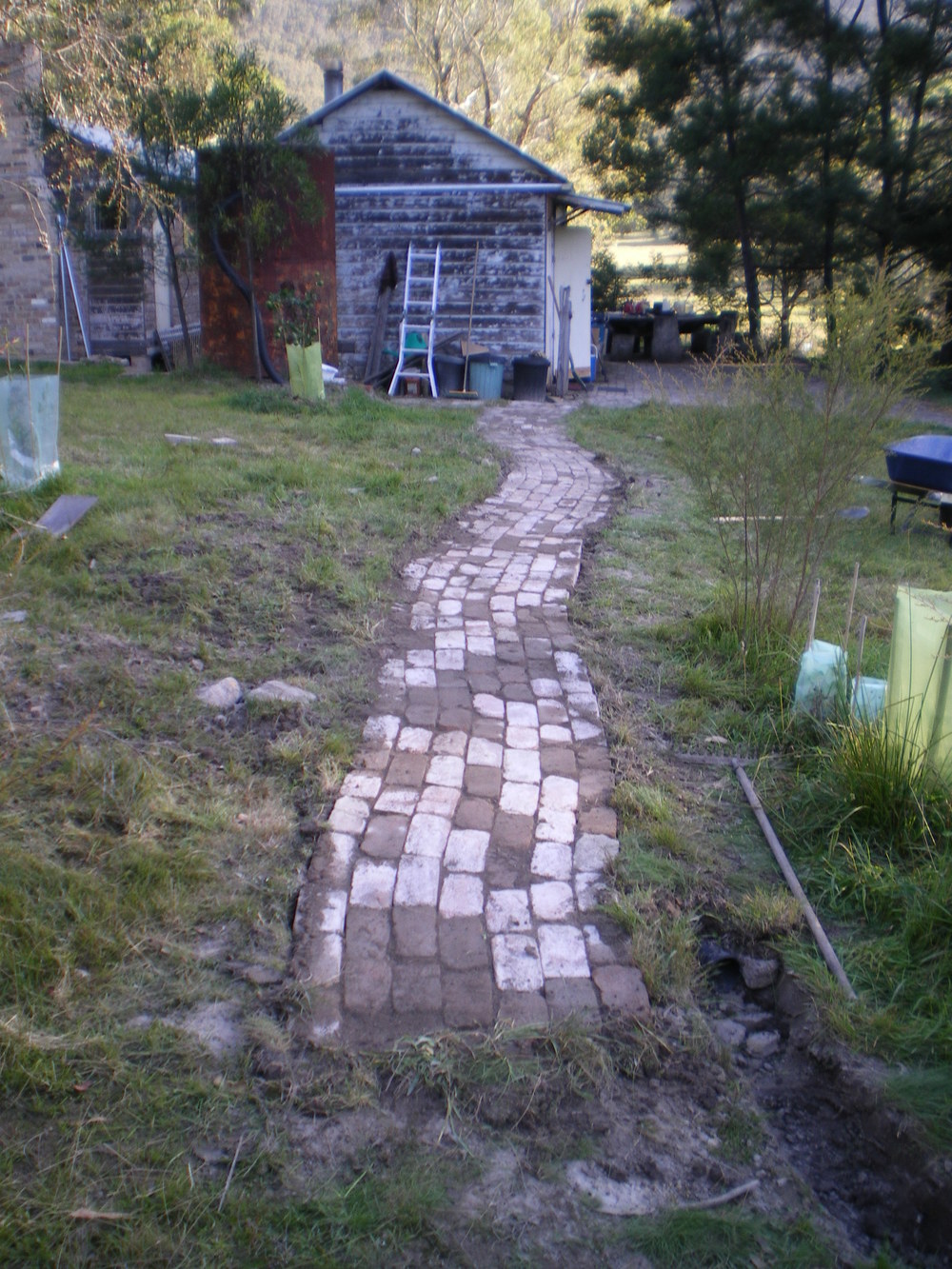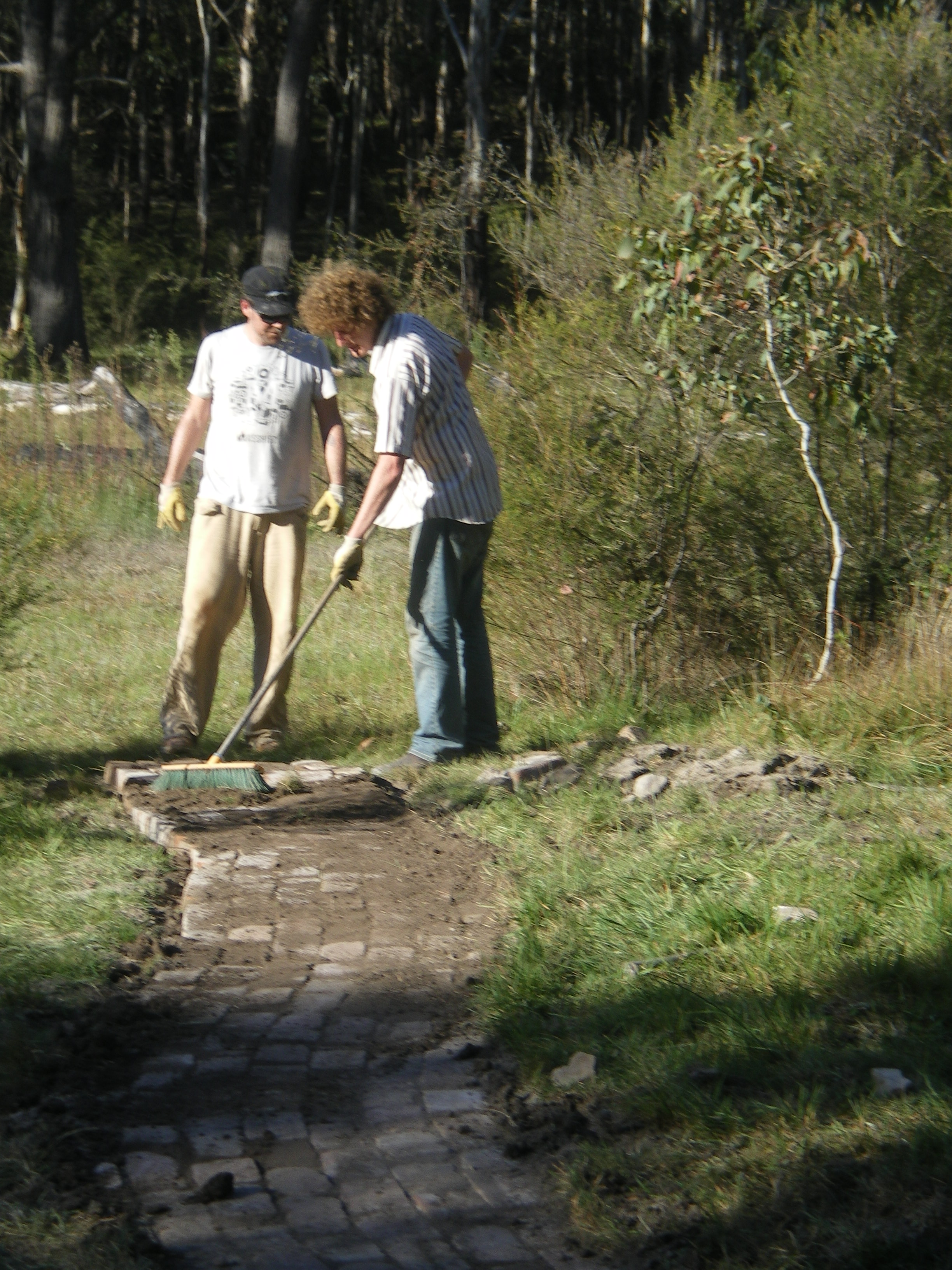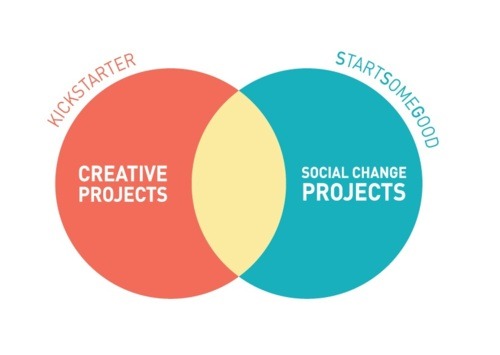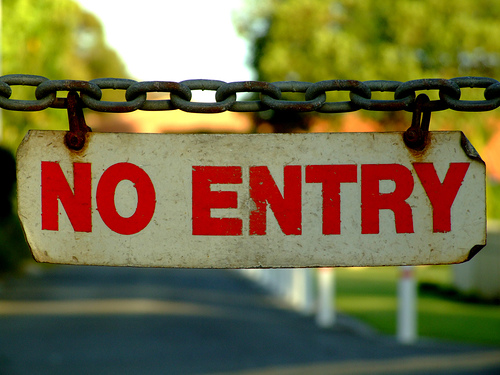[youtube=http://www.youtube.com/watch?v=9e8TV5O8HHQ] I was recently given some headphones for my birthday, the first decent ones I’ve had in…. maybe ever actually. I’m slightly shocked and elated and the effect they’re having on my music and I, but at the same time the realization that I’ve been listening to just a fraction of my favourite tunes for years, especially since I stopped going out and hearing music live as often as I used to, is a bit of a blow.
I like bass-heavy music but on the crappy headphones I’ve been using much of the depth and clarity was being lost, as well as the crispness that makes electronic music so immersive. These new headphones have literally added more joy into my day, every day. I’m excited to wear them, thrilled to listen to all my favourite albums again. Everything sounds so much better, so much more epic and exciting. And so life is more fun and inspiring. I can’t remember a new “thing” except maybe our first car, which made life so dramatically better.
As a lover of dance music and someone who has been attending events of various legalities in warehouses and forests for 12 or so years, dancing through the night or the day, with and without any assistance, I’m intrigued by the reaction some people have to dance music. For some, it’s barely recognizable as music at all, and the only way they can imagine anyone enjoying it is if they are intoxicated. “Is everyone on drugs?” I’ve been asked more times than I remember, and as recently as two weeks ago.
As someone who listens to bassy repetitive beats most days I can say that no, most people are not on drugs and do not need to be on drugs to enjoy music of this sort. We just really like it, y’know? And far from making us strange or difficult to understand, this enjoyment actually links us to most traditional cultures on the planet, to the most ancient of human artforms.
Dancing to repetitive music is the most ancient human cultural practice there is, a staple of traditional cultures the world over. The instruments vary, from tapping sticks in Australia to drums in North America, but the purpose remains consistent: to use sonic driving to help people enter a more trance-like state. Far from being a “you must be on drugs” music it is actually the original high on life music, where the music itself is designed to be intoxicating, to overwhelm the senses, to carry us away. Only our desire to make marks on walls has a similar longevity in the realm of human cultural and artistic expression.
The re-discovery of dance music in the West and its explosion in popularity from the 90’s onwards is part of a trend to bring more ancient knowledge and practices back into our lives, along with yoga, aromatherapy and the healing arts. Nowhere is this felt more strongly than at outdoor parties, one of my favourite cultural activities. Just like our ancestors tens of thousands of years ago we gather in clearings in forests to connect with our environment and each other through the stomping of feet into the ground, the releasing of everyday worries and concerns in the rhythm of the dance.
Dancing and dance music have always played a grounding and balancing role in my life. During the hard and relentless years of setting up Vibewire, overcoming intense disappointments and near-fatal setbacks along the way, going out into the bush and dancing with my friends was my main release valve, where I wasn’t in charge, wasn’t a “youth representative” or a “social entrepreneur”, where I could just play with my friends while listening to music we loved. It was incredibly liberating, inspiring and energising, fueled by contact with three of my great loves in life: music, friends and the Australian bush. The people and culture you find at outdoor parties is unique, a connected global culture which is a celebration of life, played out at 142 beats per minute.
I was meant to land back in Australia and head straight to the Regrowth Festival but with it postponed by torrential rain I have yet to make it out into the bush for a dance. I hope to sneak one in before the baby arrives, to reconnect with my home country and tribe, despite us heading into the wrong time of year for bush parties.
Meanwhile I’ve got some pretty rocking tunes keeping me company as I go about my day.







 My timing was a bit off on this - reports have emerged of the head of Invisible Children and filmmaker behind KONY2012, Jason Russel, being detained by the police while having some sort of emotional
My timing was a bit off on this - reports have emerged of the head of Invisible Children and filmmaker behind KONY2012, Jason Russel, being detained by the police while having some sort of emotional 
 I was meant to be at SXSW this weekend, co-facilitating a "core conversation" on Monday with Stacey Monk from Epic Change about
I was meant to be at SXSW this weekend, co-facilitating a "core conversation" on Monday with Stacey Monk from Epic Change about 